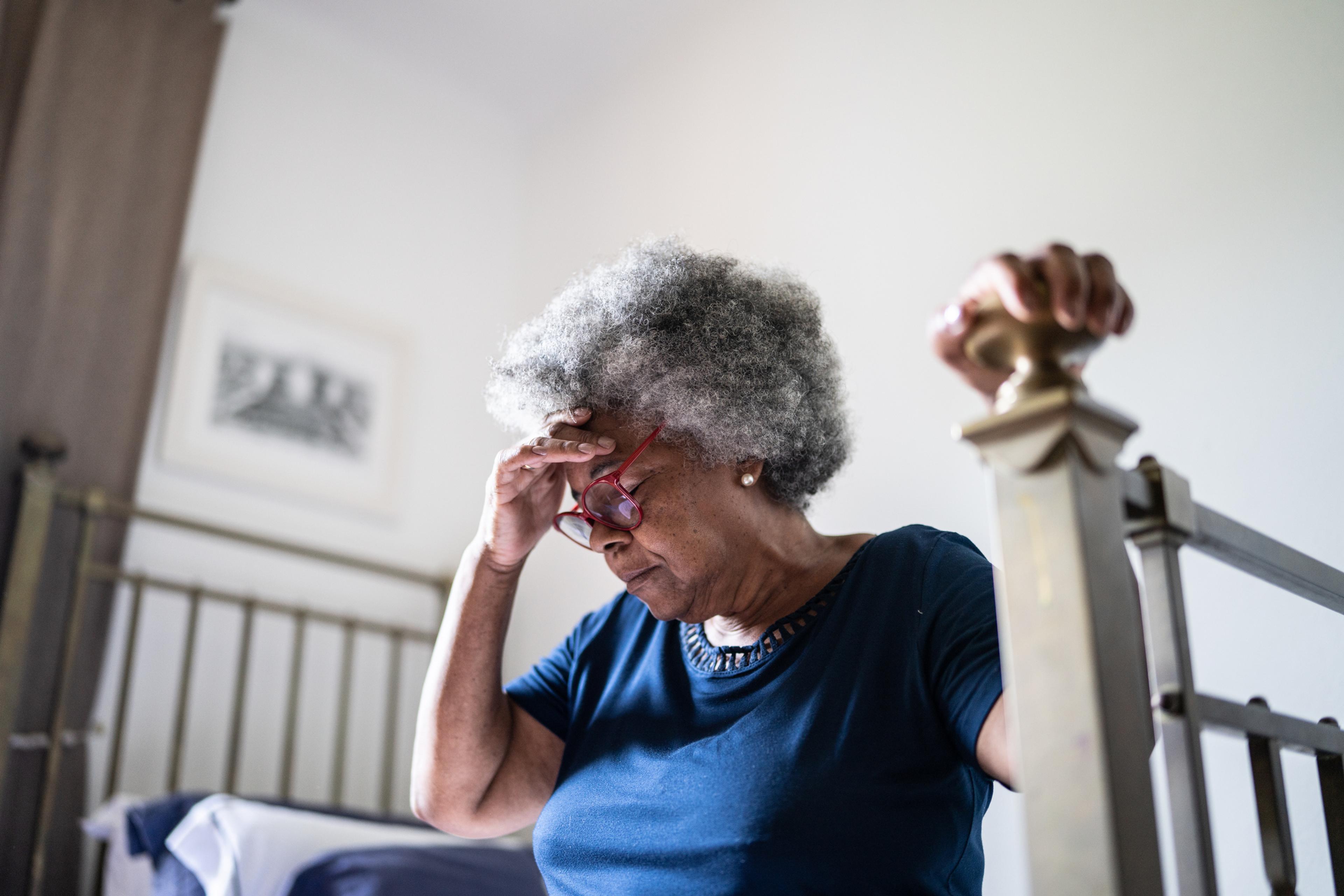When and Why You Should Get a Colonoscopy
Jake Newby
| 4 min read

When it comes to colorectal cancer screening, 45 is the new 50.
The American Cancer Society (ACS) lowered the recommended age to start screening from 50 to 45 in 2018, citing a “marked increase” in colorectal cancer incidence rates among younger and middle-aged populations.
Reasons for the increase in colorectal cancer rates is not clear, but researchers have some ideas.
- Diet patterns in children and young adults: A diet high in red meat like beef and pork, as well as processed meats like deli meat or hot dogs, could increase risks.
- Higher obesity rates: Individuals who have obesity are 30% more likely to develop colon cancer.
- Sedentary lifestyle: Spending more time sitting both at work and during leisure time can increase risks of cancer, obesity, cardiovascular disease and diabetes.
Medical experts agree that screening for colon cancer saves lives. When detected early, cancer can be easier to treat. There are multiple ways to screen for colon cancer, with a colonoscopy considered to be the gold standard. It is helpful to discuss the best method for screening with your doctor.
Why should you get a colonoscopy?
Colonoscopies help find polyps in the colon or cancer at an early stage before serious symptoms appear.
During a colonoscopy, the doctor uses a thin, flexible tube to check for polyps or cancer inside the rectum and the colon. The doctor is able find and remove most polyps during the procedure and biopsy areas suspicious for cancer. Colonoscopies are also used as follow-up for other screening tests, which can include a number of stool tests and a flexible sigmoidoscopy.
If you choose to have a colorectal cancer screening test other than a colonoscopy and the test result is abnormal, it must be followed up with a colonoscopy for further evaluation.
What age should you get a colonoscopy?
Those who are at average risk for colorectal cancer should start regular screening at age 45. ACS experts have determined that earlier screening could help save more lives. Healthy people without risk factors should consult with their primary care provider and plan to have a screening colonoscopy every 10 years through age 75.
People between the ages of 76 and 85 should talk with their primary care provider about whether to continue screening. The decision should be based on personal preferences, life expectancy, overall health and prior screening results.
Colorectal cancer screening is not routinely recommended over the age of 85.
What age should you get a colonoscopy if you have a higher risk?
It is not uncommon for physicians to recommend a colorectal cancer screening for someone under the age of 45, particularly if that person has a family history of colorectal cancer.
Early and more frequent screening for a person in their 20s or 30s is not out of the question for people at higher risk. You may fall into this category if you:
- Have a strong family history of colorectal cancer or certain types of polyps
- Have a personal history of colorectal cancer or certain types of polyps
- Have personal history of inflammatory bowel disease (ulcerative colitis or Crohn’s disease)
- Have a family history of a hereditary syndrome such as familial adenomatous polyposis (FAP) or Lynch syndrome
- Have a history of radiation to the abdomen or pelvis to treat a prior cancer
No matter how old you are, you should speak with your primary care provider if you have symptoms that concern you. The two of you can discuss when to begin screening and how often you should get tested.
Blue Cross Blue Shield of Michigan and Blue Care Network cover colorectal screenings for most members beginning at age 45 to align with the recommendation of the U.S. Preventive Services Task Force. For more information, click here.
Photo credit: Getty Images
Read on:





